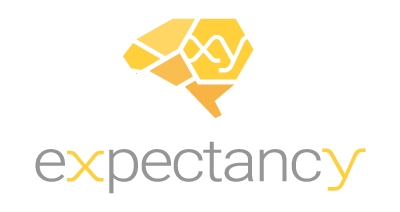The millennial generation is expected to make up approximately half of the global workforce by 2020, according to PWC. Naturally, millennials are becoming dominant influencers in the workforce. It’s necessary for organizations to understand millennial values and expectations at work, and perhaps more importantly, how this influences their approach to corporate training strategies.
Millennial Values and Expectations at Work
The millennial generation, also known as generation Y, are those born between 1980 and 1996. These are employees ranging from 22 to 38 years old. In the workplace, they greatly value learning opportunities, technology, flexibility, and autonomy.
Gallup revealed that 59% of millennial job seekers report that opportunities to learn and grow are extremely important to them when applying to a job. Considering we spend a third of our living hours at work, it is not surprising that employees to want to spend this time bettering themselves, and in turn, their organization. Today, if employees aren’t learning or growing, it is to be expected that they are hunting for their next job opportunity.
A Mayo Clinic Study revealed that technology was among the highest priorities for the millennial generation in their learning environments, alongside opportunities for collaboration and feedback. The millennial generation understands the value of technology for personal productivity and nudge their organizations to keep up with the latest tech trends.
It has also been reported that the millennial generation craves flexibility and autonomy at work. In today’s fast-paced and constantly changing work environment, it is important to enable all employees to take charge of their own success and development. These expectations can help prompt positive change in organizations.
Organizations Respond
For a long time, the media has been overexaggerating generational differences. Although generations are said to have varying expectations at work, we tend to overlook the fact that the majority of the workforce now has more sophisticated expectations for learning and development. After all, everyone is expected to keep up with recent advancements in technology and the ever-changing nature of work. These sophisticated expectations are driving organizations to enhance their employee training and development strategies for not just for the millennial generation, but for everyone. Below, we offer a few suggestions on what organizations can do to feed shifting mindsets with modern learning strategy.
-
Personalization
Although the majority of the workforce greatly values the opportunity to learn, providing them with more content isn’t enough. Employees want relevant learning content delivered to them at the right time. A personalized learning strategy pushes learning content that fits each individual’s specific learning goals and needs. Learning isn’t one size fits all!
-
Keep Up with the Latest Tech Trends
Bringing talent development programs to mobile devices will help engage each generation in a new way. Although they say that the millennial generation is the most “connected” generation yet, the majority of employees welcome new technology. Mobile learning will give them the flexibility they want to digest learning content at any time, anywhere.
-
Self-Directed Learning
Employees are craving more and more autonomy. They want to take charge of their growth and development, but still, want organizations to support along the way. Check out our last blog post on self-directed learning for more information on how your organization can best support this autonomous learning style.
Millennial expectations at work are not that much different from the rest of your organization today. If your organization is looking for a learning platform that engages across generations, check out Expectancy today!


